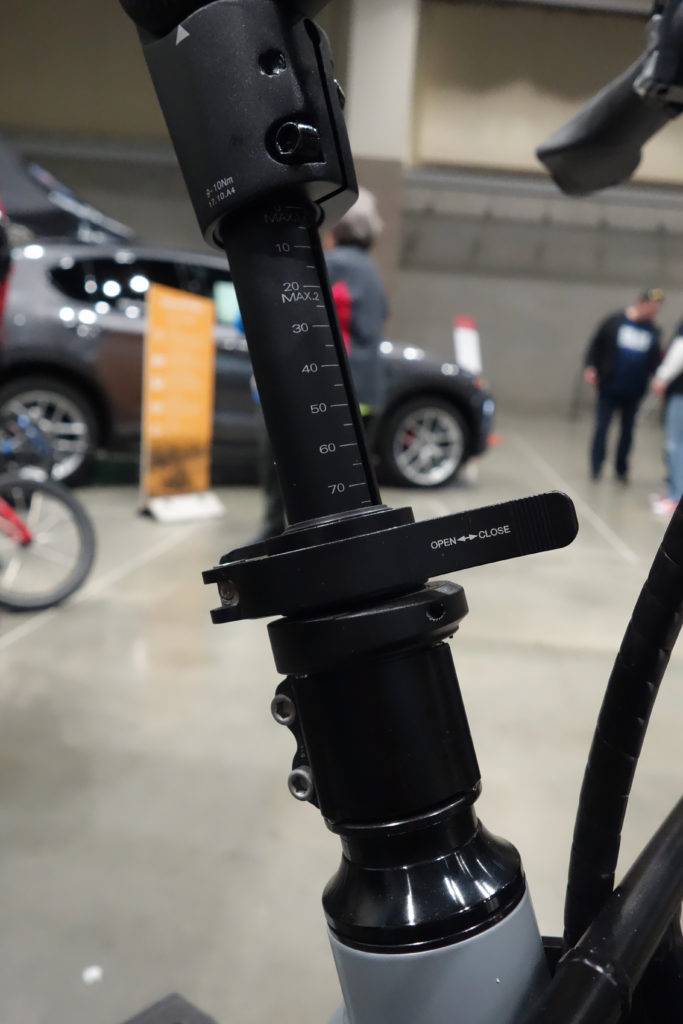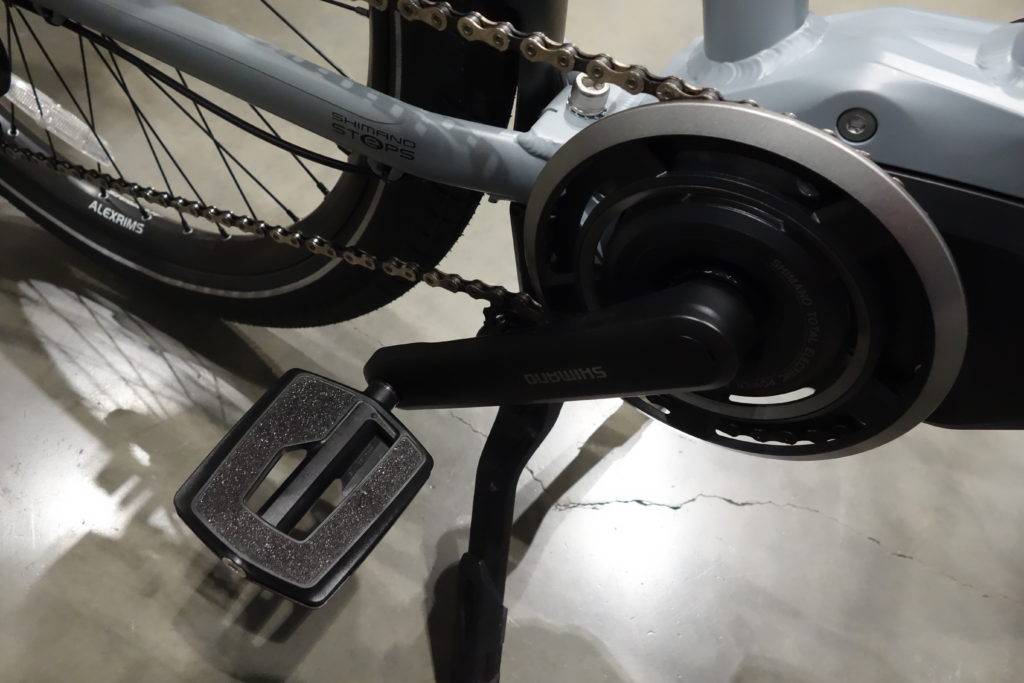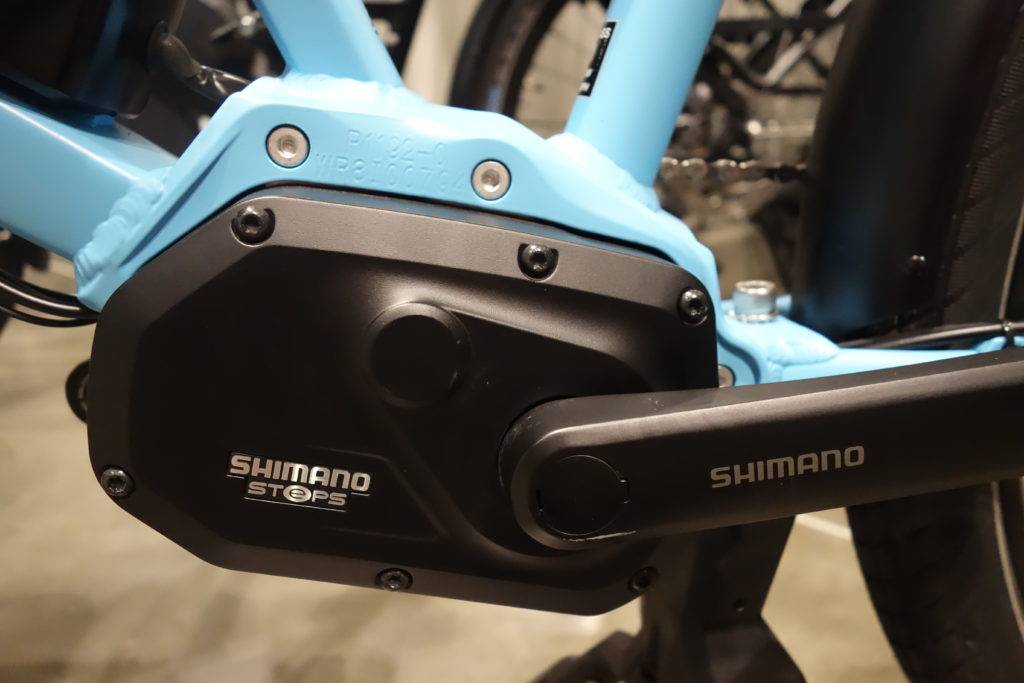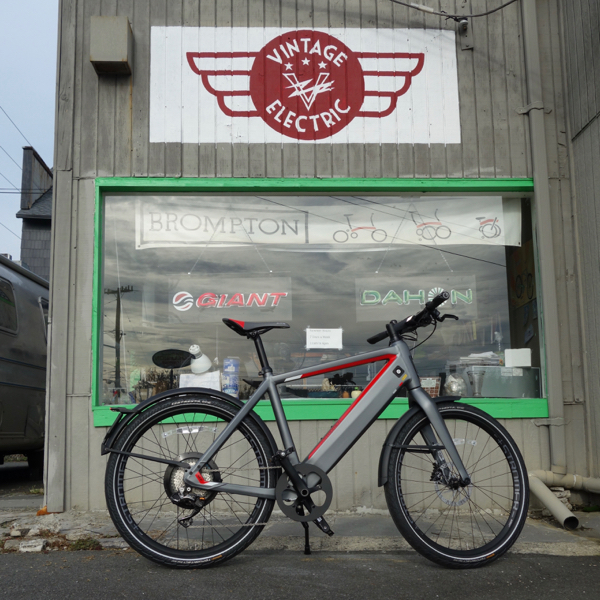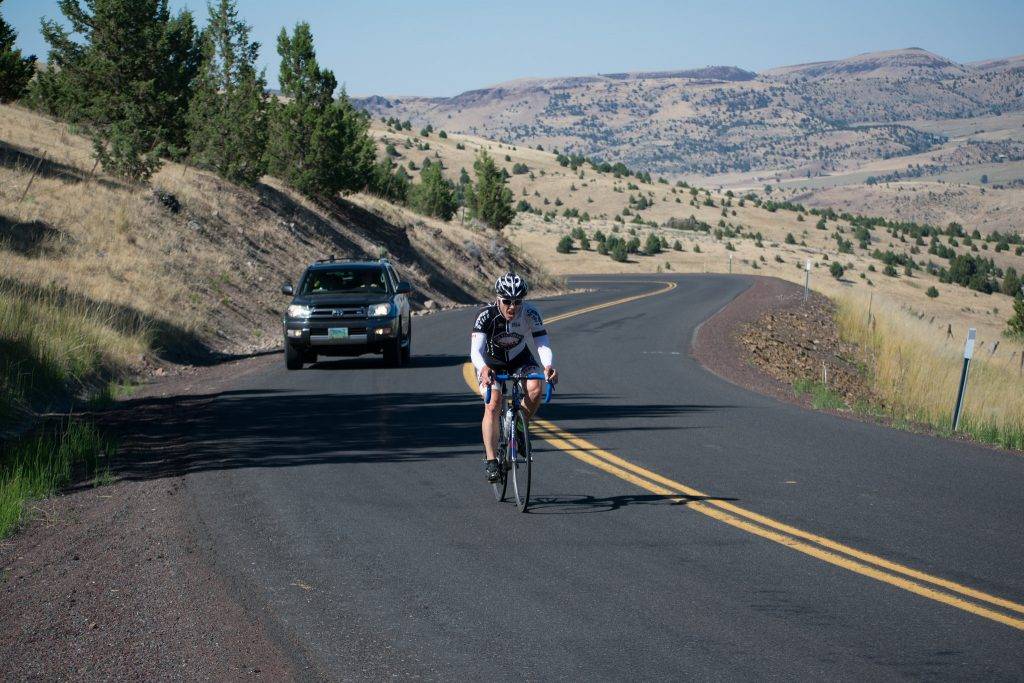Although eBikes get a lot of attention because of their ‘performance enhancing’ benefits (read: “mechanical doping”), their real potential is at the utilitarian end of the spectrum. The most innovative eBike brands are replacements for automobiles, not recreational toys. eBikes designed for commuting and running errands is where the innovation is happening these days.
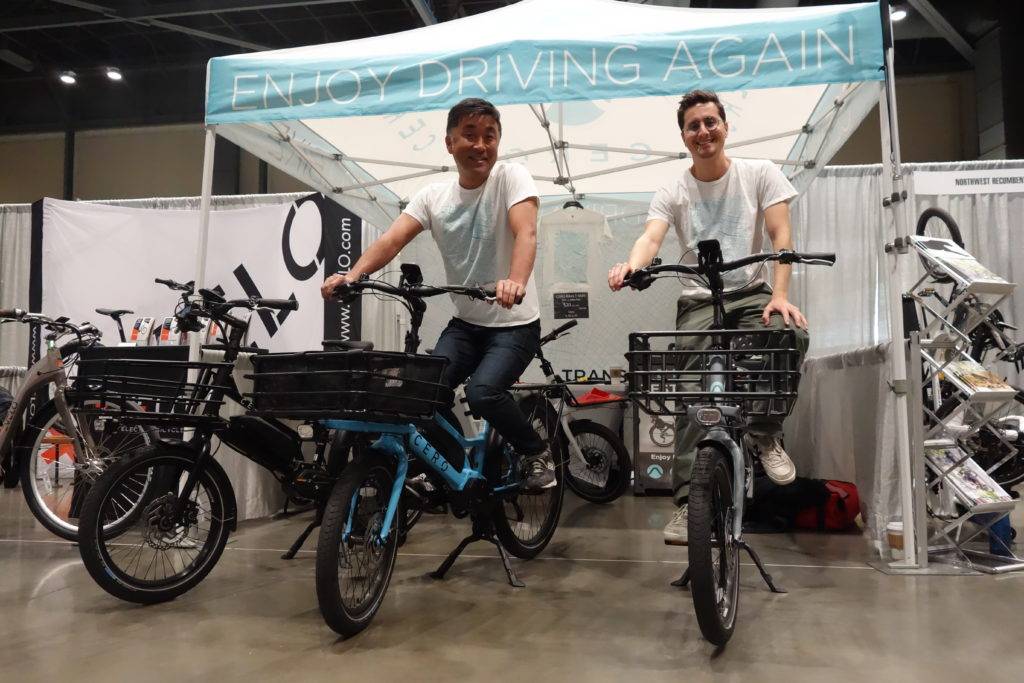
CERO is a family-owned business founded by Kiyoshi Iwai, a UCLA MBA originally from the Tokyo area who emanates a friendly down-to-earth “surfer dude” vibe. Kiyoshi is passionate about the environment and is motivated to solve the toxic automobile culture he experiences every day in the Los Angeles area. He thinks electric cargo bikes are part of the solution.

Iwai’s design inspiration comes from the omnipresent “mamachari” style bikes in Japan. “Mamachari” is a mash-up of the words “mama,” (as in “mother”) and “chari,” slang for bicycle. They can be seen parked by the hundreds or thousands at train stations in Japan.

To design and launch the CERO One Iwai worked with veteran bicycle engineers Forrest Yelverton and Zach Krapfl, who were previously at GT Bicycles. Initially self- and crowd-funded through Indiegogo, CERO successfully delivered its first production batch, and is now available direct-to-consumers via their web site. The CERO One comes almost completely assembled: New owners only need to attach the pedals and adjust the seat and handlebars. CERO is in the early stages of building a dealer network with select eBike specialty shops.
The eBike market is super competitive at this point in the business cycle, and it’s going to take a lot to survive the onslaught of new market entrants. CERO One stands out with its modular racking system, premium components, and a 20″ front wheel. I admit I’m a newbie when it comes to eBikes; My introduction to eBikes was only last autumn when I rode a Stromer and a Felt. My test ride of the CERO was on the Seattle Bike Show test track. The Shimano mid-drive pedal assist was smooth and at the highest setting makes pedaling almost effortless. The geometry and small front wheel make the bike feel remarkably stable.
During our discussion, Iwai mentioned that the owners of a local eBike shop tested it on a 20% hill here in Seattle and loved it. In addition to the Shimano STEPS mid-drive, the CERO One sports a 11-42 cassette, which makes it easy to pedal even in the unpowered mode.
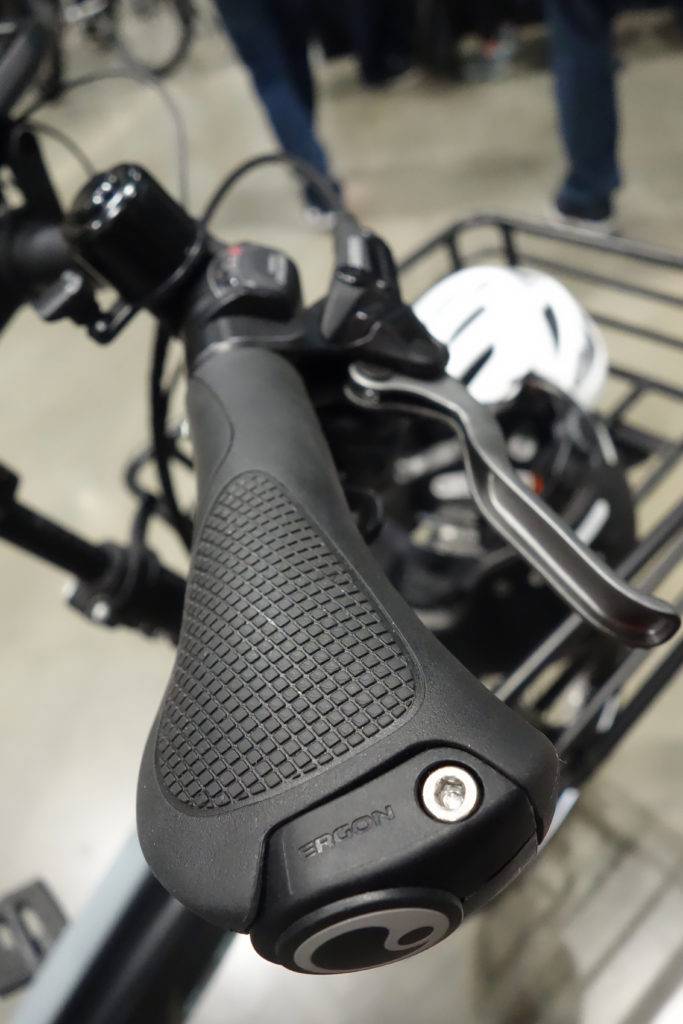
Although they are establishing a dealer network, CERO bikes can be serviced by any bike shop since both the electronic and non-electronic components are standard. Check out the specifications.
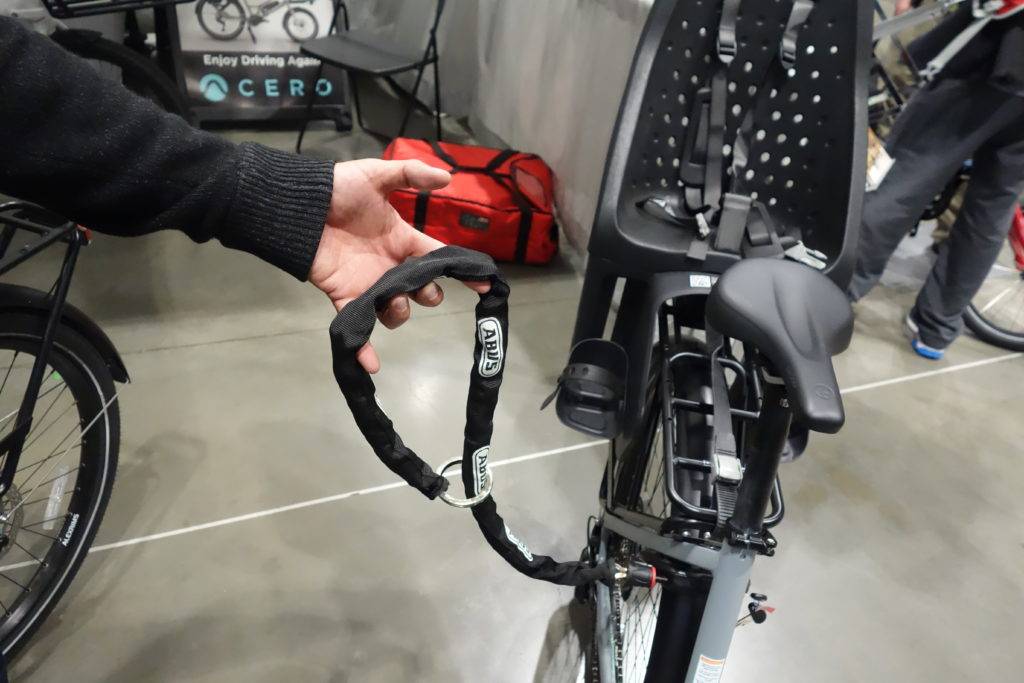
The CERO One base price is $3,399. The various add-on rack and security options start at about $100 each.
